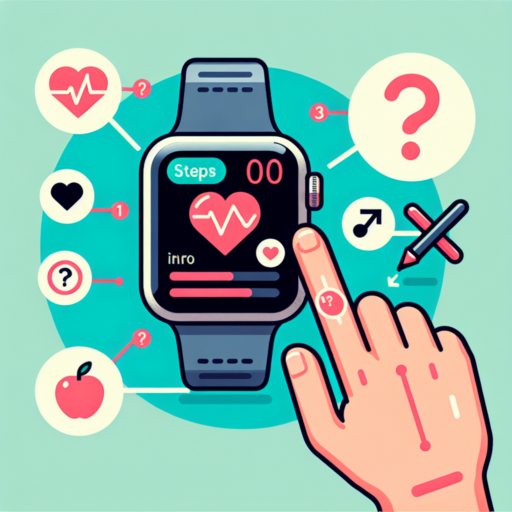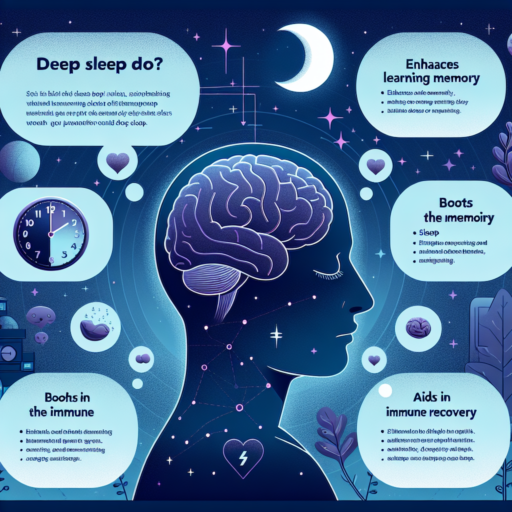What is the best device to monitor heart rate?
Identifying the best device to monitor heart rate depends largely on an individual’s needs, lifestyle, and the precision of data required. Heart rate monitors are critical tools for anyone looking to track their cardiovascular health, enhance their exercise routines, or monitor certain health conditions.
Types of Heart Rate Monitors
There are several types of heart rate monitoring devices available in the market. The most popular ones include chest straps and wrist-based fitness trackers. Chest straps are known for providing the most accurate heart rate readings during physical activities, as they are placed close to the heart and measure electrical impulses. On the other hand, wrist-based devices, such as fitness watches and smartwatches, offer convenience and continuous monitoring, making them a preferred choice for many individuals seeking to integrate heart rate tracking into their daily lives.
Factors to Consider
- Accuracy: For athletes and fitness enthusiasts, a device that offers precise heart rate measurements can significantly impact training and performance.
- Comfort and Convenience: The ease of wearing a device all day, during various activities, is essential. Wrist-based monitors usually score high in this category.
- Features and Functionality: Additional features like sleep tracking, GPS, and smartphone connectivity might also influence one’s choice.
When searching for the best device to monitor heart rate, it’s crucial to weigh these factors against personal preferences and requirements. There is no one-size-fits-all answer, but by considering the type of monitor, its accuracy, comfort, and the additional features it offers, individuals can find a device that best fits their health and fitness goals.
What is a heart rate machine called?
A heart rate machine, widely recognized as a vital tool for monitoring cardiovascular health, is generally referred to as a Heart Rate Monitor (HRM). This innovative device is designed to provide real-time tracking of a person’s heartbeat, offering essential insights into cardiovascular performance and overall health. Heart Rate Monitors come in various forms, ranging from wearable technology like wristwatches and chest straps to more clinical devices used in healthcare settings.
Types of Heart Rate Monitors
- Wrist-worn HRMs: Popular in fitness and wearable technology, these devices combine heart rate monitoring with other features such as step counting and calorie tracking.
- Chest Strap HRMs: Known for their accuracy, chest straps monitor heart rate directly from the heart’s electrical signals, making them a favorite among athletes and fitness enthusiasts.
- Medical-grade HRMs: Used in healthcare environments, these comprehensive systems provide detailed heart rate data and are essential for diagnosing and monitoring heart conditions.
The variety of Heart Rate Monitors available today underscores their importance in both health and fitness realms. Whether it’s for improving athletic performance, tracking daily activity, or monitoring cardiovascular health under medical advice, an HRM offers valuable data that can guide users towards better health outcomes. As technology advances, the functionality and accuracy of these devices continue to improve, making heart rate monitoring a convenient and effective tool for individuals aiming to maintain or enhance their cardiovascular health.
Which heart rate monitor is the most accurate?
When it comes to tracking your heart rate, accuracy is paramount. Whether you’re an athlete looking to optimize your performance or someone monitoring heart health, the right heart rate monitor can make all the difference. Amidst a sea of options, some devices stand out for their precision in heart rate monitoring.
Firstly, chest strap monitors are often lauded for their accuracy. Unlike wrist-based monitors, chest straps measure electrical signals directly from the heart, similar to an electrocardiogram. This method tends to deliver exceptionally precise readings, making it a favorite among professional athletes and fitness enthusiasts. Brands like Polar and Garmin lead the market with models that balance performance and comfort.
Wrist-Based Monitors: A Convenient Alternative
While chest straps are known for accuracy, wrist-based monitors offer unmatched convenience and continuous tracking. Modern technology has significantly enhanced their precision, with brands like Fitbit, Apple Watch, and Garmin offering devices that utilize optical heart rate sensors. These sensors detect blood flow through the skin, providing insights into your heart rate throughout the day and during workouts. Though slightly less accurate than chest straps, their ease of use and added smartwatch functionalities make them a popular choice for everyday fitness tracking.
Ultimately, the most accurate heart rate monitor depends on your specific needs and preferences. For those prioritizing precision above all, a chest strap monitor is unmatched. However, if convenience and continuous tracking are your main concerns, a wrist-based device might be your ideal pick. Considering the advancements in technology, both options offer reliable data to help you meet your heart rate monitoring goals.
What is the best heart rate sensor?
Finding the best heart rate sensor depends greatly on your needs, the level of accuracy required, and the type of activities for which it will be used. Over the years, technology has seen vast improvements, making heart rate sensors not just more accessible but also more accurate and integrated with various wearable and portable devices.
For athletes and fitness enthusiasts, a heart rate sensor that offers real-time monitoring with high accuracy is essential. This not only aids in optimizing performance but also in preventing overexertion. The chest strap heart rate monitor has long been considered the gold standard for accuracy. It works by detecting electrical signals produced by the heart, ensuring precise heart rate data suitable for professional training and high-intensity workouts.
On the other hand, the wrist-based heart rate sensors have gained popularity for their convenience and continuous monitoring capabilities. These devices, typically found in smartwatches and fitness trackers, use optical sensors to measure the heart rate through the blood flow in the wrist. While they may not match the pinpoint accuracy of chest straps, advancements in technology have significantly improved their reliability for everyday use and moderate exercise sessions.
Additionally, features such as connectivity options, battery life, and compatibility with other fitness apps and devices should be considered when determining the best heart rate sensor for your needs. Whether you prioritize accuracy, convenience, or a balance of both, the options available today ensure there’s a heart rate sensor out there for everyone.










